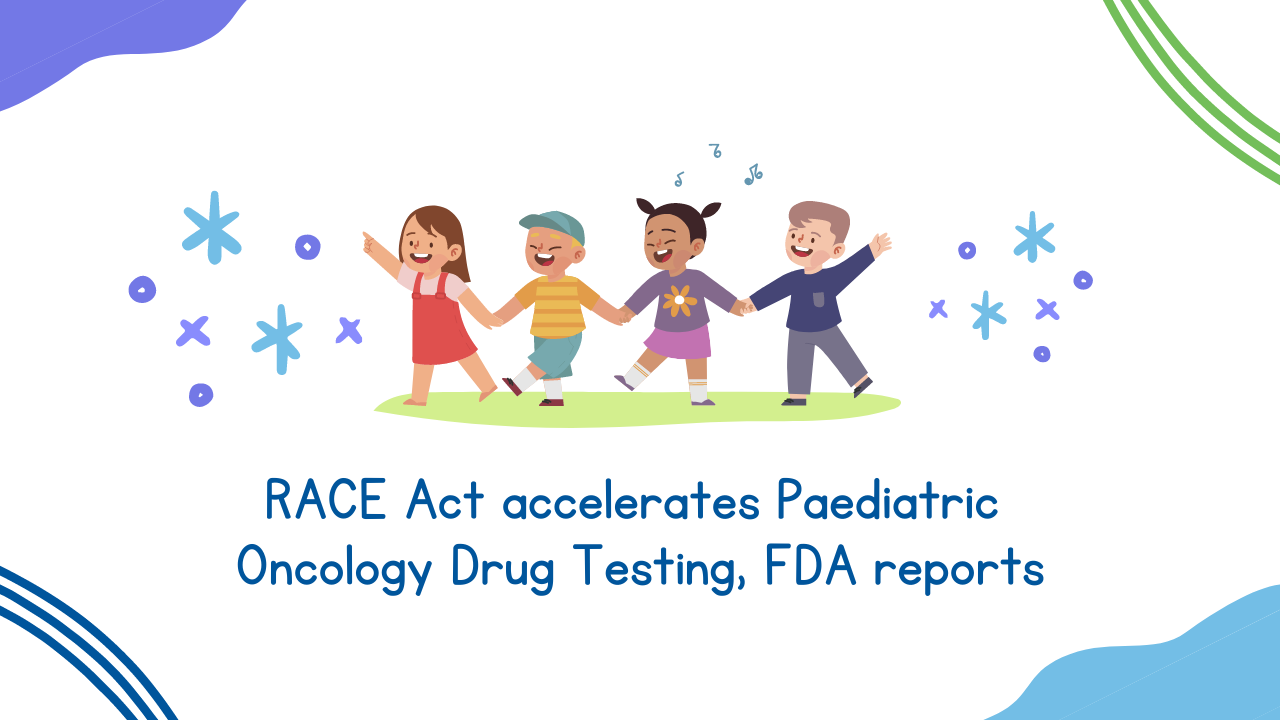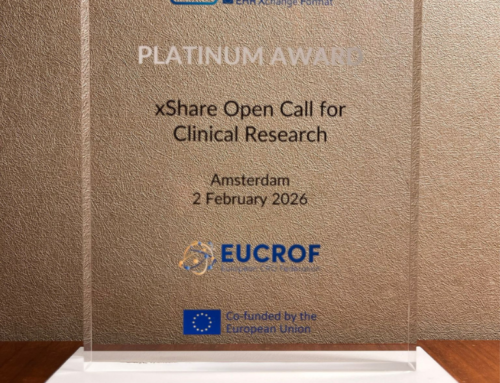The U.S. Food and Drug Administration (FDA) has reported a significant increase in the number of planned studies to test drugs for pediatric cancers, thanks to the Research Acceleration for Cure and Equity (RACE) for Children Act enacted in 2017. This regulatory change has accelerated the expansion of the pediatric oncology armamentarium, with the FDA approving more than 50 drugs with over 70 indications for the treatment of various pediatric cancers since the early 1950s.
Between 2020 and 2023, the FDA issued 131 investigational Pediatric Study Plans under the RACE Act, with most (86%) including waivers or deferrals for pediatric study requirements under the previous Pediatric Research Equity Act (PREA). During the same period, only 22 postmarketing requirements for pediatric studies were issued under PREA, linked to 17 unique drug applications, 14 of which were for new targeted therapies.
The approved drugs span a wide range of therapeutic strategies, from the older broad-spectrum cytotoxic chemotherapy drugs to the more recent molecularly-targeted drugs. The approvals encompass pediatric-specific indications, supplemental approvals of drugs initially approved for adult indications, indications based on extrapolation of adult efficacy data to pediatric populations, and tumor-agnostic indications.
Notably, the pediatric oncology landscape has witnessed a diverse array of therapeutic agents, including small-molecule kinase inhibitors, monoclonal antibodies, and other antibody-based therapies, such as bispecific T-cell engagers and antibody-drug conjugates. Additionally, genetically engineered cell therapy, like CAR T-cell therapy, has emerged as a promising approach, complementing the existing cytotoxic chemotherapy drugs.
The FDA has released a comprehensive table and downloadable file detailing the approved pediatric indications, including drug names, indications, approval dates, drug targets, pharmacologic classes, supporting clinical trials, and pediatric age groups. The agency plans to regularly update this resource as new information becomes available, ensuring healthcare professionals and the public have access to the latest developments in pediatric oncology treatments.
As the understanding of tumor biology continues to evolve, the FDA remains committed to facilitating the development and approval of innovative therapies, offering hope and improved treatment options for children battling cancer. For more information, click here.




